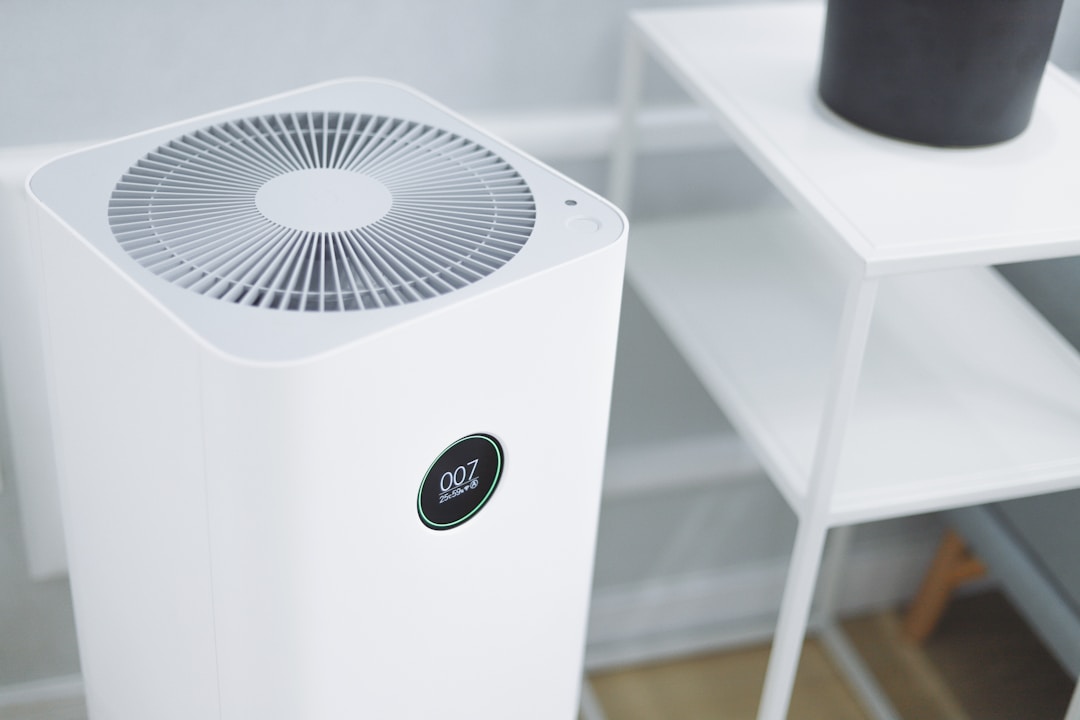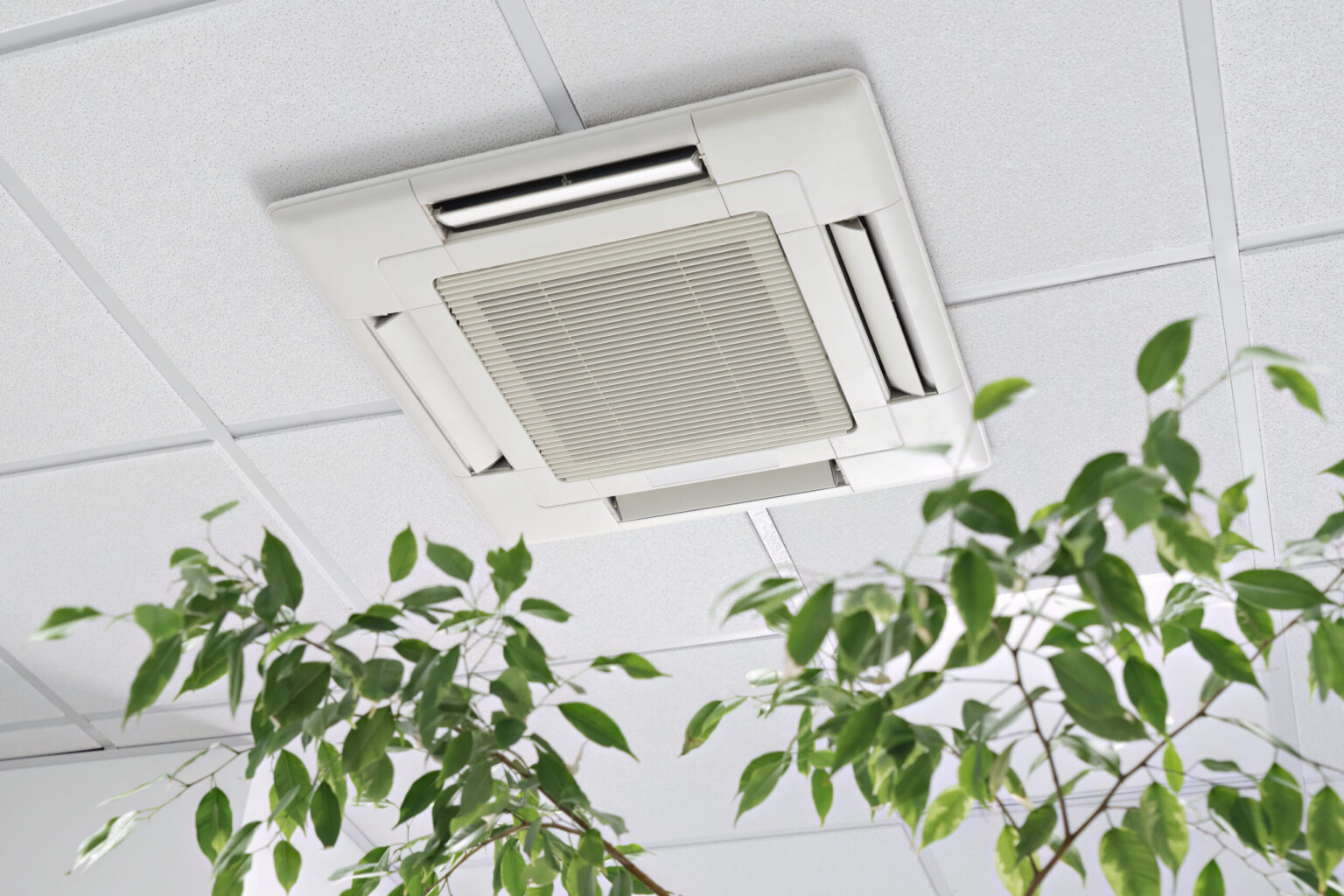As temperatures rise during the summer months, a well-functioning air conditioning system becomes essential for maintaining comfort within your home. Selecting the appropriate size for your AC unit is crucial, as it can greatly impact energy efficiency and cooling performance. In this article, we will discuss the importance of proper AC sizing and explore the factors that contribute to determining the appropriate dimensions for your cooling system.
The Role of Proper Sizing in Energy Efficiency and Comfort

Choosing the right size for your air conditioner is critical because it directly affects both energy efficiency and indoor comfort. An undersized AC system will struggle to maintain desired temperatures, forcing it to work harder and consume more energy. This can lead to higher utility bills and a shortened lifespan for your air conditioner, as well as irregular cooling patterns throughout your home. On the other hand, an oversize unit can cool your space too rapidly, causing excessive humidity and an uncomfortable indoor environment.
To guarantee an ideal choice for your home’s cooling needs, consider consulting professionals like Lake Forest air conditioning repair to receive expert advice on choosing and sizing your AC system, as well as arranging for regular maintenance, to ensure the best possible performance for years to come.
Properly sized air conditioning systems can effectively maintain a consistent temperature throughout your home, ensuring optimal comfort levels. Cooling systems that are appropriately dimensioned for your space also consume less energy, which can result in significant savings on utility bills. By selecting a properly sized AC unit, you can help protect your investment in your home cooling system and enjoy a comfortable, energy-efficient environment.
Factors Affecting AC Size Selection

Several factors must be taken into account when determining the appropriate size for your air conditioning unit. One detail is the square footage of your home. Larger areas typically require more substantial cooling capacities; however, this isn’t the only element to consider. Other factors include the amount of insulation, the number of windows and doors, the orientation of your house, and even the local climate. A house with poor insulation may necessitate a larger cooling system due to increased heat gain, while abundant windows can contribute to an increased need for cooling capacity.
Methods for Determining AC Size
There are several established methods for determining the appropriate AC size for your space, with the most common being the Manual J Load Calculation. This method, developed by the Air Conditioning Contractors of America, considers several factors, such as insulation levels, window types, and local climate, to calculate the precise cooling capacity required for your home. Another method for determining AC size is the square footage method, which uses the total area of your home to estimate the necessary cooling capacity.
Whichever methodology you choose; you have to partner with knowledgeable HVAC professionals who can ensure accurate calculations and a suitable AC system. This not only guarantees efficient energy consumption but also helps create a comfortable and inviting space for you and your family during the warmer months.
Potential Implications of Improper AC Sizing

As previously mentioned, improper AC sizing can lead to various issues, including higher energy costs and inconsistent temperature regulation. An incorrectly sized system may also result in more frequent cycling, causing unnecessary stress on your unit and potentially reducing its lifespan. This cycling may not only decrease the overall efficiency of your air conditioning system but also contribute to continuous wear and tear on individual components.
Additionally, the excess humidity associated with an oversize AC unit can create an environment prone to mold and mildew growth, negatively impacting your household’s health and air quality. Conversely, an undersized AC might lead to excessive heat gain during the hottest days, compromising occupant comfort.
As you can see, ensuring an accurately sized AC system is needed for maximizing energy efficiency, achieving consistent indoor temperatures, and protecting the long-term health of your cooling equipment. To ascertain that you are not pressured to make hasty decisions, it is always prudent to consult HVAC professionals and obtain accurate sizing information for your home’s unique cooling needs. Follow the tips in this article and you’ll be comfortable at home for years to come.


